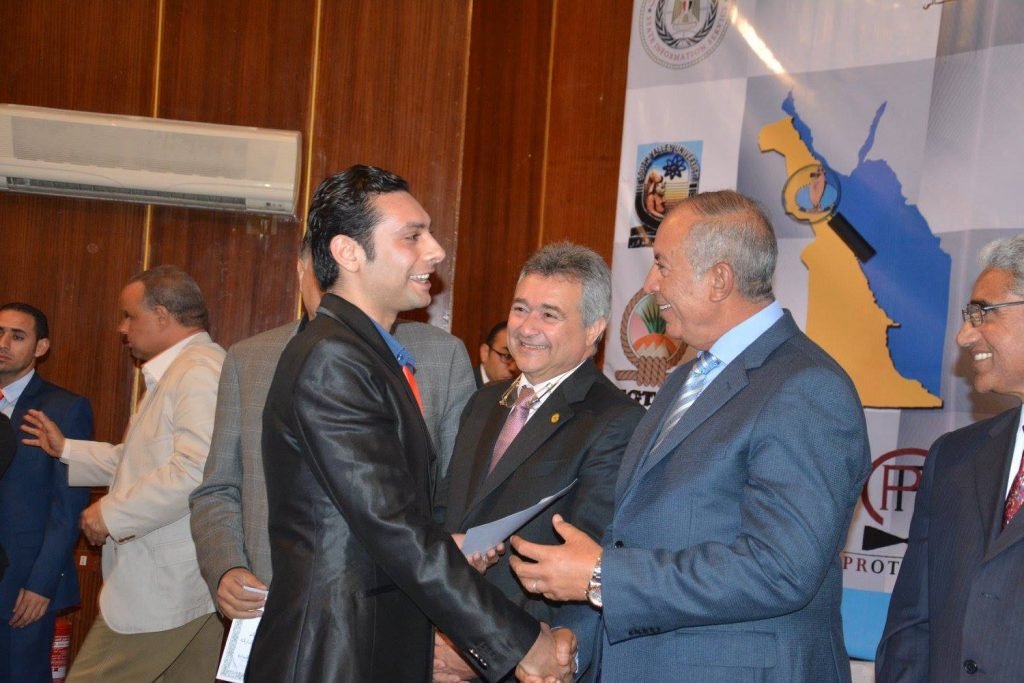World Youth Skills Day is a Call to Action for Investing in Youth Potential
Every year on July 15, the world comes together to celebrate World Youth Skills Day, a day dedicated to recognizing the importance of equipping young people with the skills they need for employment and entrepreneurship. But beyond the celebration lies a deeper call to action – a call to invest meaningfully in the potential of our youth, particularly those in underserved regions.
In East Africa, where youth make up a significant portion of the population, the need for skill development is urgent. Limited access to quality education, high unemployment rates, and economic instability have created a challenging environment for young people trying to transition into the workforce. However, with the right investment in education and skills training, youth can become powerful agents of change and innovation. This is why we celebrate World Youth Skills Day to spotlight this need and inspire real, impactful action.
Why We Celebrate World Youth Skills Day
The day was first declared by the United Nations General Assembly in 2014, in recognition of the growing need to support youth in building the skills required for a rapidly changing world. From digital literacy to vocational training, from entrepreneurship to soft skills like communication and leadership, World Youth Skills Day serves as a global reminder that investing in young people is essential for sustainable development.
The celebration isn’t just symbolic. It’s an opportunity to highlight successful initiatives, share stories of impact, and collaborate on strategies to reduce skill gaps. This is especially relevant in developing regions where infrastructure, resources, and opportunities can be limited.
The Role of Asante Africa Foundation
In East Africa, Asante Africa Foundation has been a trailblazer in youth skill development for over a decade, empowering youth through locally-led programs that integrate education with life and livelihood skills.
Asante Africa’s award-winning programs focus on more than just academic success. They recognize that success in the real world requires a combination of technical skills, life skills, financial literacy, and entrepreneurial thinking. By partnering with local schools, communities, and businesses, Asante Africa ensures that learning is not only accessible but also relevant to the realities of East African youth.
Through its Accelerated Learning in the Classroom, Leadership and Entrepreneurship Incubator (LEI), and Girls’ Advancement Programs, Asante Africa has helped thousands of young people gain the skills needed to thrive in modern economies.
Take the LEI program, for example. It trains youth in business planning, digital fluency, public speaking, problem-solving, and financial management. Many participants go on to start small businesses, employ peers, or return to their communities as mentors. The ripple effect is clear—when young people are empowered, entire communities rise.
For girls and young women, the impact is even more profound. Asante Africa’s programs tackle gender barriers, encourage school retention, and support girls in gaining leadership roles. They’re not just building futures—they’re rewriting what’s possible.
The Future Starts Now
The theme for World Youth Skills Day 2025 centers on “Youth Skills for a Resilient Future”, reminding us that resilience is not something we’re born with—it’s something we build. In a world facing economic uncertainties, climate change, and technological disruption, youth need skills that are adaptable, future-focused, and grounded in real-world experience.
Organizations, policymakers, and communities all have a role to play. Supporting youth skills development isn’t just charity—it’s a smart strategy. It creates jobs, boosts economies, and builds stronger, more resilient societies.
This World Youth Skills Day, let’s go beyond hashtags and headlines. Let’s invest in programs that work, amplify the voices of young changemakers, and fund education that equips, not just informs.
Because when we invest in youth, we invest in the future—and that’s a return the world can’t afford to miss.



